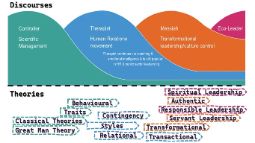
100 Years of Messy Leadership Theories
(9 min read)

Margit Osterloh is a distinguished academic, business leader, and board member renowned for her significant contributions to the fields of management, gender and organizational economics, and corporate governance. She is celebrated for her unwavering commitment to corporate ethics and has been a steadfast critique of many prevalent modern corporate management practices. In our interview we explore how an undue focus on paying-for-performance can crowd out intrinsic motivation, how ranking and rating systems incentivize game-the-system behaviors, and how abolishing bureaucracy, when taken to extremes, can erode the "procedural utility" essential for ethical operations. Drawing on historical governance practices, such as "sortition", Margit shines a light on the organic emergence of justice and social order within institutions, and emphasizes the need to cultivate ethical character within the boardroom. Join us for a riveting discussion as we dissect the imperatives of ethical leadership in the contemporary corporate landscape, and explore why managers quickly turn from "so-called legends into crooks”.
Jump to
Why is the interview important? Who are we talking to?

MARGIT OSTERLOH
Our decision to engage in a conversation with Margit was driven by her unwavering commitment to champion a humanistic approach to business and her ability to connect ethical principles with organizational and governance practices, both theoretically and practically. Our interest predominantly revolved around three core areas:
Firstly, Institutional Ethics: We were intrigued by Margit's expertise in institutional ethics and her specific focus on procedural fairness and utility.In our quest to construct an organizational model firmly rooted in ethical foundations, we sought to understand how institutions could effectively foster ethical (or trigger unethical) conduct within organizations. In this context, we wanted to gain insights intohow specific human resource practices influence intrinsic motivation and understand better how perceptions of institutional fairness could shape employees' discretionary efforts and organizational citizenship behavior.We were also keen to explore how various ethical frameworks, such as institutional ethics, Weber's ethics of responsibility, and discourse ethics, could facilitate the cultivation of organizational justice.
Secondly, Corporate Governance: this was our first discussion about corporate governance and we wanted to learn more about the effectiveness of supervisory board oversight and the impact of management remuneration. Margit's extensive personal experience and her unconventional ideas surrounding corporate governance, including proposals for restructuring board incentives, such as paying "boards like bureaucrats," implementing informed lotteries for board member selection, and emphasizing the significance of enabling controls, promised to offer fresh insights into how ethical leadership could be fostered both within organizations and through external governance structures.
Lastly, we wanted to draw upon Margit's extensive experience in the field of ethical university and business education. Margit had extensively critiqued new public management practices like peer reviews and rankings, and we wanted to discover new perspectives on how business schools and educational institutions could effectively instill ethical principles in the next generation of business leaders.
Margit Osterloh, born on 23 July 1943, is a distinguished German and Swiss economist, business leader and board member, known for her influential and pioneering work in the fields of human resource management, gender and organizational economics, research governance and corporate governance. She is Professor (em.) for Business Administration and Management of Technology and Innovation at the University of Zürich, Switzerland, and Permanent Visiting Professor at University of Basel. From 2010 to 2013 she held the role Professor of Management Science at Warwick Business School, UK.
In addition to her extensive research and publishing, Osterloh engages actively in contemporary political discussion, higher education and science governance. She is a Founder and Director of CREMA (Center for Research in Economics, Management, and the Arts), Member of the University Board of the University of Erlangen-Nuremberg and was a board member of three major companies in Switzerland and Germany. She was member of the «Deutscher Wissenschaftsrat» (German Council for Science and Humanities) until 2011 and President of the Equal Opportunity Commission of the University of Zurich (1996 – 2000). She received an honorary doctorate from Leuphana University, Lüneburg.
Osterloh's notable influence, and dedication to the advancement of ethical practices in both business and education have left a lasting impact on how modern corporate governance and management are perceived and practiced.
Exploring the Critical concepts for this session
A Resource Kit to launch your explorations
Selected published works
Live video recording and podcasts
Explanations, artefacts and references from the interview
What have we learned? Our "Best Bit" takeaways from the Interview

KEY INSIGHTS FROM THE INTERVIEW FOR OUR INQUIRY
Here you can find the most memorable insights from our interview, related to our three inquiry questions. Simply select from the drop down menu on the right -->
Share the most popular quotes with your social media connections: just click + save picture + post!






Unleash your curiosity and discover new insights
Further explorations about discourse ethics and communication as basis for democracy and social justice
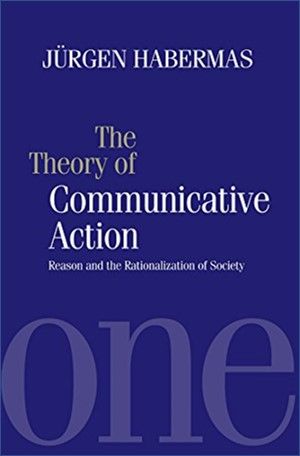



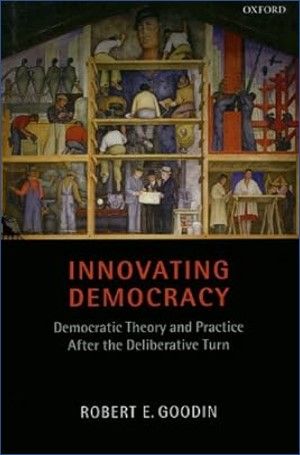

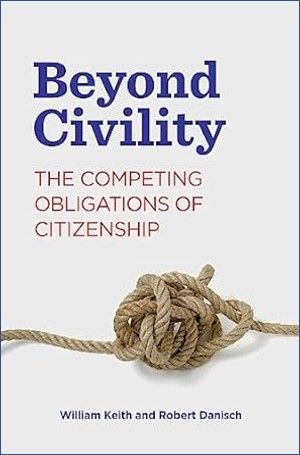
Further tentative explorations about the theory and boundary of the organisation, and its resonsibility
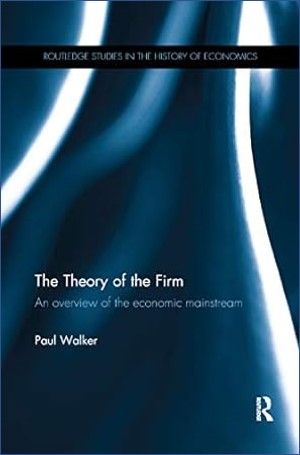

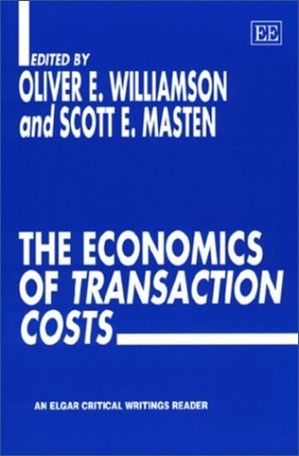
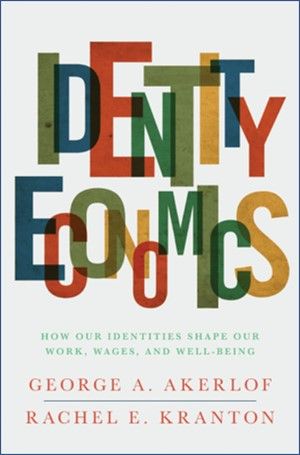
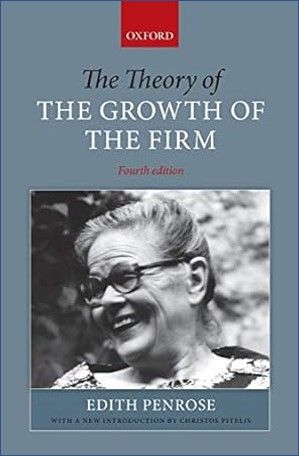
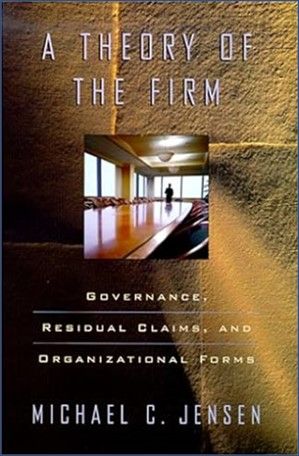
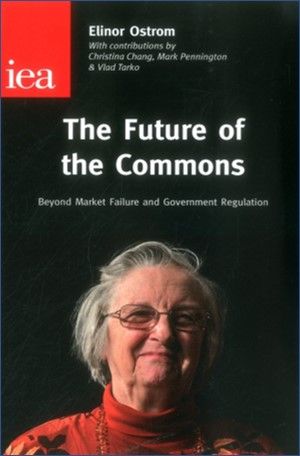

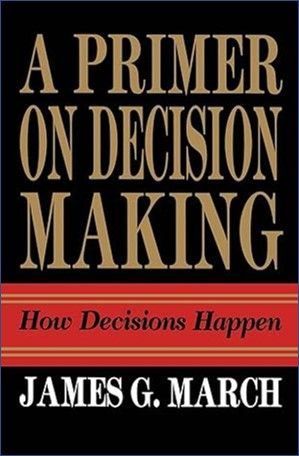
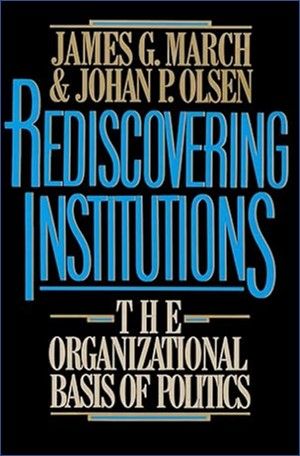
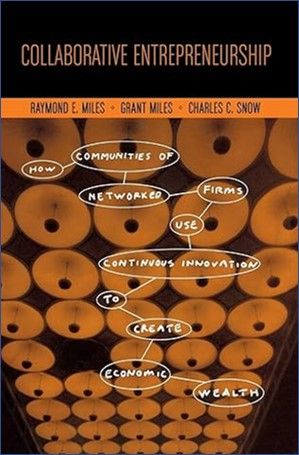

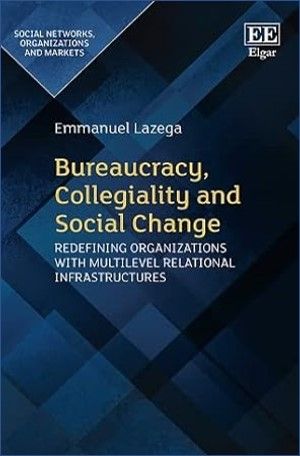
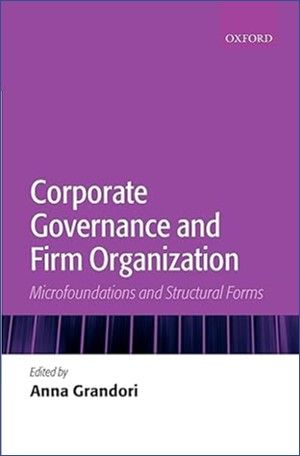
Related articles

(9 min read)

(5 min read)
Explore all the popular interviews in this section